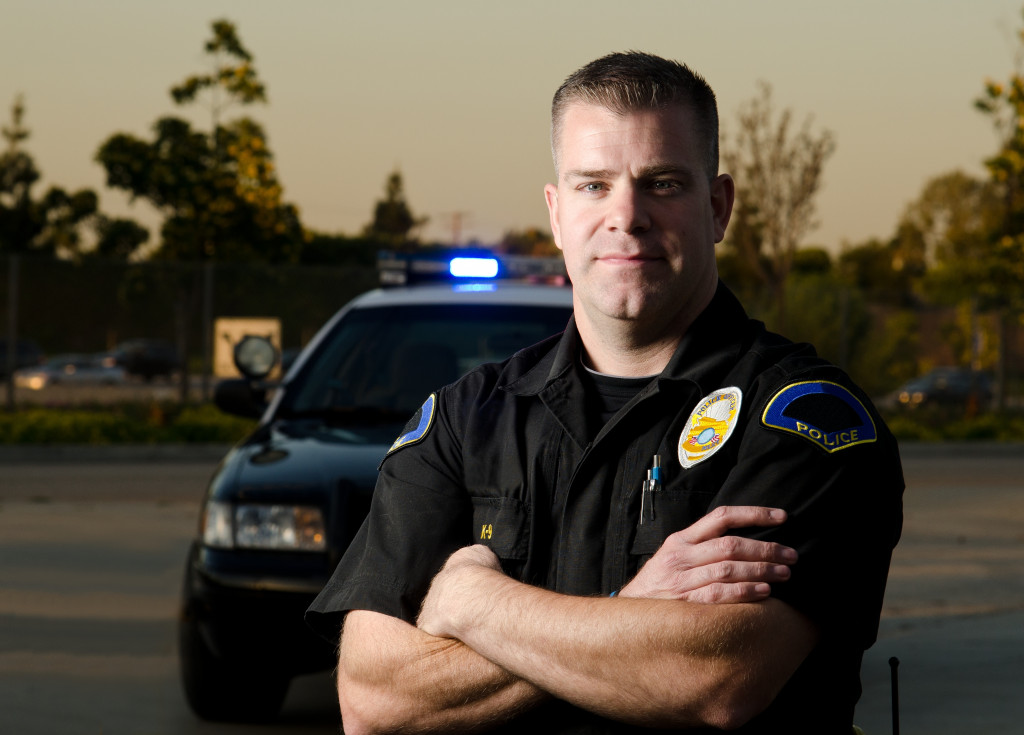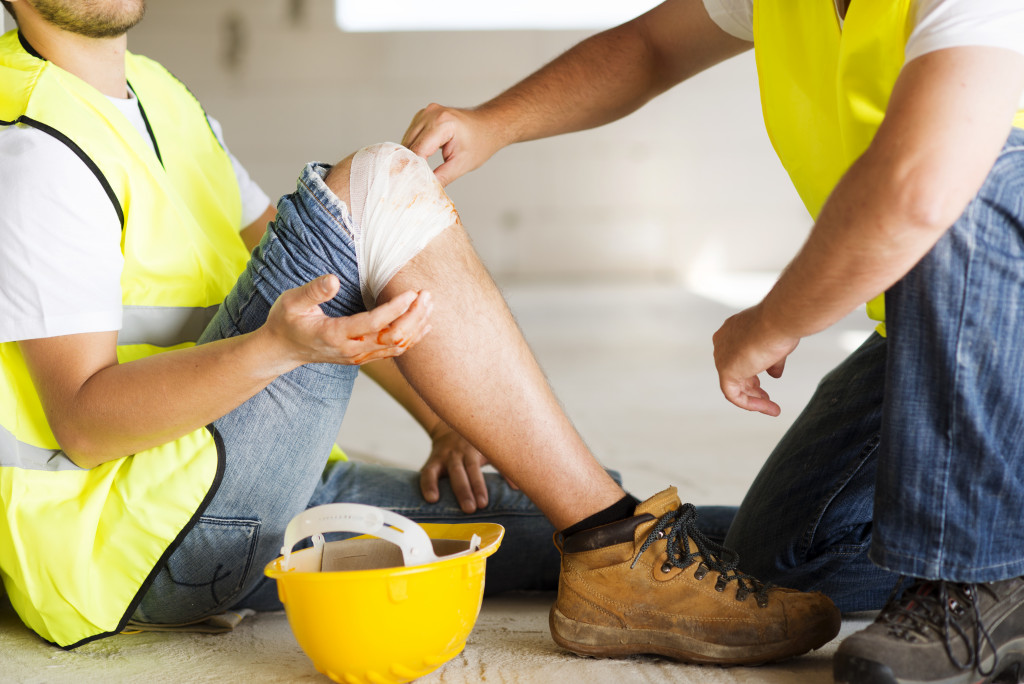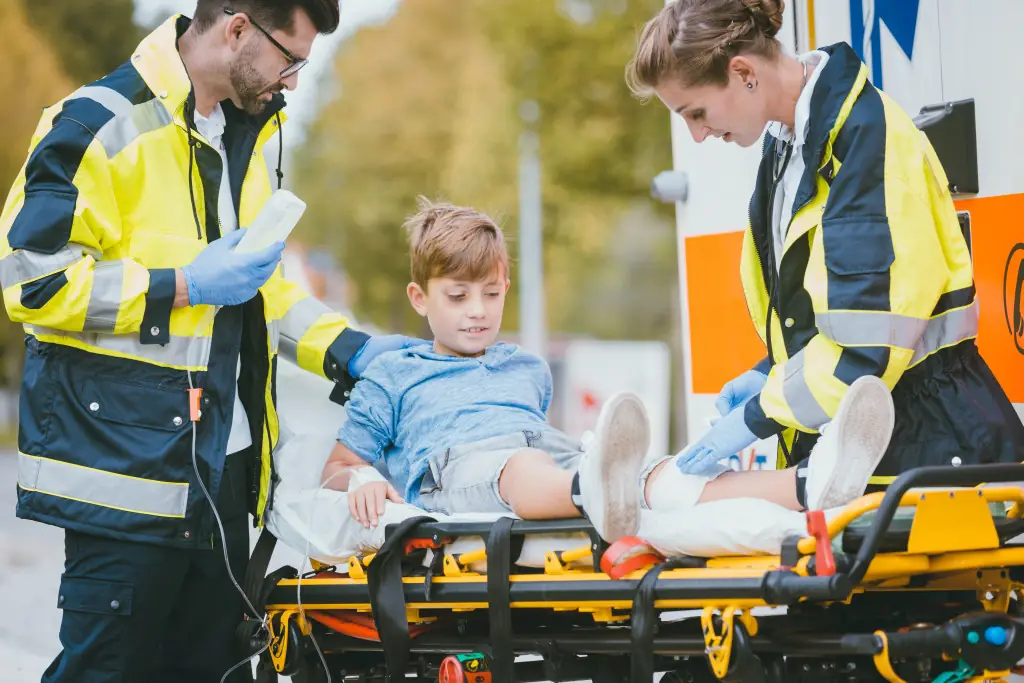- The path to becoming an essential first responder involves understanding the job’s physical and emotional demands.
- Deep knowledge of various first aid techniques, including mental health and trauma care, is crucial.
- Necessity of specialized training in areas like water rescue, fire suppression, and disaster response.
- Building skills and qualifications, often beginning with basic education and additional certifications, is key.
In times of crisis, people often turn to the most essential first responders for assistance. These men and women are the first ones at the scene of an emergency and are often responsible for saving lives. Are you passionate about helping those in need and want to become an essential first responder? This is a noble career path that can be both rewarding and fulfilling. However, navigating this path can be challenging, but with the right mindset and guidance, you’ll be on your way to becoming an essential first responder.
Know What You’re Getting Into
Before embarking on the path to becoming an essential first responder, it’s important to know what it entails. There are different types of first responders, including police officers, firefighters, paramedics, and emergency medical technicians (EMTs). Each profession comes with unique responsibilities and requires specific skills. Here are some important things that you need to research:
Job Duties
Each type of first responder has a distinct set of job duties. Police officers are responsible for maintaining law and order, firefighters tackle fires and perform rescue operations, and paramedics and EMTs provide immediate medical care and transportation to hospitals. These roles often involve working under highly stressful conditions and making quick decisions that can have life-changing impacts. It’s crucial to familiarize yourself with the responsibilities of each role to understand where your passion and skills would be best utilized.
Physical Demands
The role of a first responder is physically demanding. The nature of the job often requires responders to be on their feet for extended periods, lift heavy objects, operate complex machinery, and sometimes confront dangerous situations. It’s not unusual for first responders to work in harsh environments, such as extreme weather conditions, burning buildings, or disaster-stricken areas. Therefore, maintaining a high level of physical fitness is vital.
Emotional Demands
Working as a first responder isn’t just physically demanding – it’s emotionally taxing as well. These heroes are routinely exposed to distressing situations, from tragic accidents to violent crimes, which can take a significant emotional toll. They often have to maintain composure and make critical decisions amidst the chaos, which demands exceptional emotional resilience. It’s also essential to have measures in place for managing and mitigating stress and combating occupational burnout.

Research About Different Types of First Aid
As part of your journey to become a first responder, it’s crucial to grasp a detailed understanding of different types of first aid techniques. These techniques serve as the foundational knowledge needed to save lives during emergencies. From handling minor injuries to performing CPR and dealing with severe trauma, first aid skills are the backbone of a first responder’s toolkit. Here are some areas that you need to master:
Mental Health
As a first responder, you’ll often encounter individuals experiencing mental health crises alongside physical health emergencies. It’s important to have the skills and knowledge to handle these situations effectively and empathetically. Taking part in comprehensive mental health first aid courses equip you with the necessary training to identify, understand, and respond to signs of mental illnesses and substance use disorders. This understanding can greatly improve the outcome of the emergency intervention and provide much-needed support for those in crisis.
Trauma Care
Trauma care is another vital skill set for first responders. Emergencies often involve severe injuries that require immediate attention to prevent further harm or even death. Understanding how to stabilize a patient, control bleeding, and administer basic lifesaving procedures can make a significant difference in the field. From auto accidents to gunshot wounds, trauma care knowledge can help you respond effectively and increase your chances of survival in these critical situations.
Specialized Training
In the field of emergency response, specialized training can further enhance your skills and effectiveness. This could include training in water rescue, fire suppression, hazardous material response, disaster response, or tactical medical support, among other areas. These specific skills can make a crucial difference in unique, high-stakes situations and demonstrate your commitment to the profession.

Build Your Skills and Qualifications
To embark on the path of becoming an essential first responder, building your skills and qualifications is a key step. This process begins with basic education requirements, often at least a high school diploma or equivalent.
Additional certifications and training, such as CPR and first aid courses, are usually necessary. For more specialized roles, you might require additional schooling or credentials. Volunteering in the related field can provide hands-on experience and bolster your application.
Remember, this journey is not just about acquiring qualifications. It’s about gaining the skills that will help you adapt and respond effectively when lives are on the line.
If you’re passionate about helping others and want to become an essential first responder, you’ve embarked on a noble career path. It’s not an easy one, but with the right mindset, education, training, and practical experience, it’s a path that can bring a great sense of fulfillment and satisfaction. Remember to keep focused and dedicated in your journey to becoming an essential first responder, and you will make a tremendous impact on the lives of those you serve.
